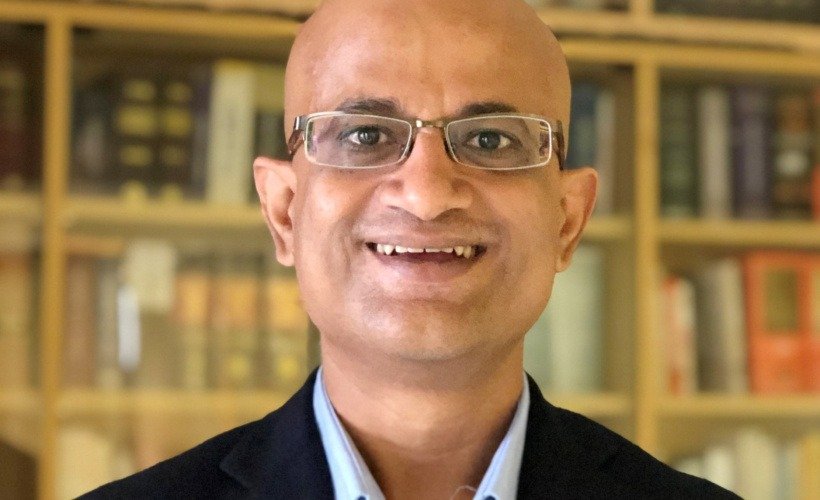
The writer highlights different roles that one plays in a family business; and importance of open communication
Family businesses are the dominant form of business ownership and management. Many have endured across generations. Samsung, BMW, Ford, Henkel, Roche, Dell, and Walmart are a sample of the many family-owned conglomerates which have been around for some time. In India, family-owned companies comprise close to 65% of the stock market capitalisation. These data points may indicate that running a family business is easy and lucrative. It isn’t. There are many more failures than successes. And every succession by the next generation increases the chances of failure. What differentiates the successful ones? The successful ones have separate ownership and management structures. The ones where every family member isn’t also a business manager have been successful. This article looks at the roles available and suggests ways to succeed in those roles.
What does a role in the family business mean? The most common role aspired to is that of a CEO. The person running the show. But that’s not the only role available. There are ‘family owners not involved in running the business’ roles. There are ‘family owner employees’ and ‘family non-owner employees’ roles. There are ‘family council’ roles. Each of these roles are important. The capabilities required to perform each type of role are different.
What next if an inheritor thinks they have what it takes to become CEO? What’s the best way to make that happen? One way that has seen a lot of success is earning stripes in an adjacent area or space. A space where the family isn’t too involved. That gives space and independence. Harsh Mariwalla belonged to a business family trading edible oil. Nobody focused on retailing the product despite higher margins. Harsh focused on creating brand ‘Parachute’ which started doing very well. Family members started listening to him. It allowed him to design and put in place a new governance structure. A structure where each part of the family got independence to run their part of the business. And then Harsh bought over the stake in his part of his business from his cousins and uncles. Marico was created and soon went public. He created and expanded a non-existent part of the business and then carved it out and made it his own. Siddharth Lal did it with Eicher Motors. He adopted a loss-making segment of the company. A segment that was about to be shut down. He turned it around and this division makes around 80% of Eicher’s turnover.
If an inheritor doesn’t want to manage the family business, what role should they play? There are different ways. The most common is representation on the board or the family council. Often, family members can contribute significantly to these positions. In the late 1990s, there were 8 members of the Burman family who were part of the company management. Based on a consultant intervention, all 8 resigned overnight. They retained their Board positions. But there wasn’t a single member who remained in an executive role. This was about 20 years back. And it has worked like a charm since then. The professional management has taken the company to much greater heights. Dabur has grown about 100-fold in the period since the family gave up management control. And many of the independent businesses started by the family members have flourished. Asian Paints is another example of the benefits of separating ownership and management. In some cases, families are unwilling to give their children preference in running the business. As the Spanish supermarket magnate Juan Roig says about succession, “My daughters have the same opportunities as Mercadona’s 61,000 employees to run the business – because property is inherited, not a job.”
Non-active ownership is also an option. Peter Buffet is a musician. He’s and Emmy Award winner and a New York Times bestselling author. He’s not involved in any way in an executive or oversight role in his father, Warren Buffet’s, business. David Ellison is an actor and producer. He has produced, among others, Top Gun, Mission Impossible and Baywatch. He is Larry Ellison’s son. There are examples closer home as well. Kumar Mangalam Birla’s son is a full-time cricketer. Non-active ownership should not be looked down upon. Especially in older family businesses, it should be encouraged. There are a limited number of roles in running a business, a company board, or a family council. Each role requires time, effort and a certain skillset. It isn’t necessary that every family member plays an active role.
Whichever role family members choose, there is an important rule to keep peace at home and in the business. And that rule is to keep communicating. It is difficult enough running a business. Add family dynamics to that, and things can often become too hot to handle. Open communication minimises misunderstandings. And prevents issues from festering. Open communication will enable each member to figure out their role in the business.





